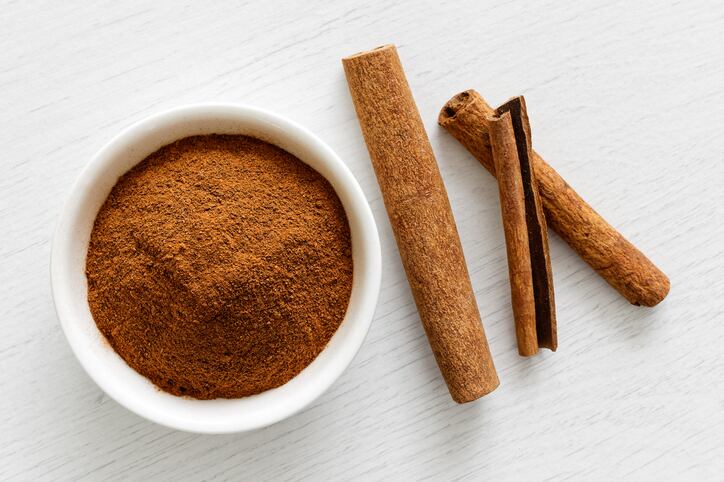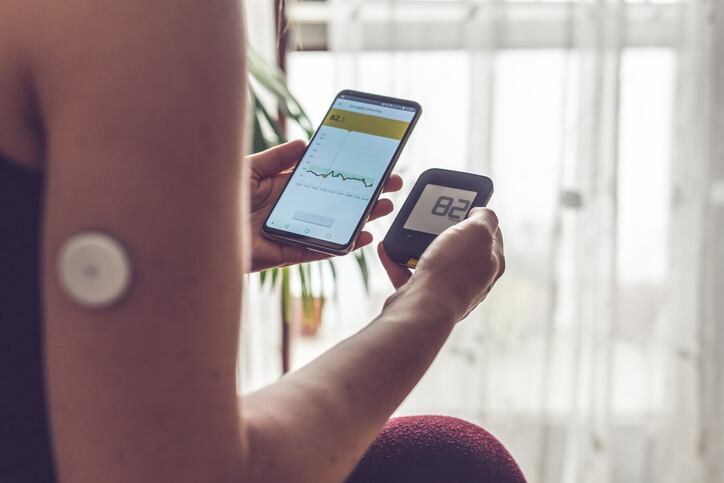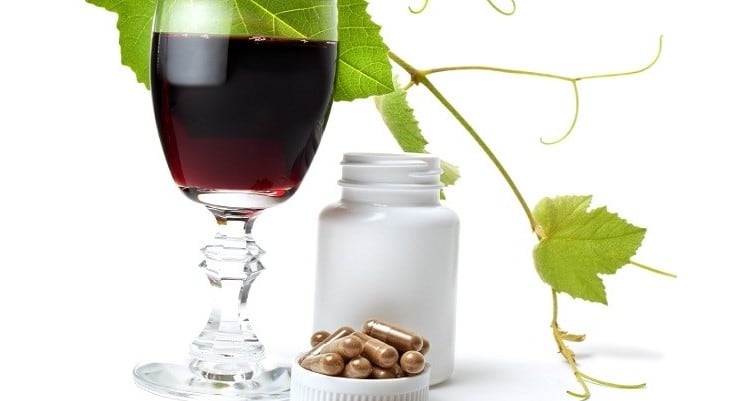Diabetes affects more than 460 million adults globally and is the seventh leading cause of disability worldwide. The conversion from prediabetes to (Type 2 Diabetes (T2D) can be effectively prevented using lifestyle modifications but we are yet to discover an adjunct safe, durable, and cost-effective approach (not surgery or medication) to reduce the progression. Previous studies have concluded that cinnamon possesses anti-hyperglycaemic properties and the potential to reduce postprandial blood glucose levels.
However, previous studies undertaken to decipher if cinnamon's glucose-lowering properties can be leveraged in individuals with prediabetes have led to contradictory results.
In the current study, a team of researchers from Korea and the US set out to investigate the effects of cinnamon on measures of glucose homeostasis in prediabetes.
This double-blind, placebo controlled, clinical trial randomised 54 adult prediabetic subjects, aged 20-70 recruited from Kyung Hee University Medical Center (Seoul, Republic of Korea) and the Joslin Diabetes Centre (Boston, MA, USA). The participants received cinnamon 500 mg or placebo thrice daily (n=27/group). Participants were enrolled and followed at two academic centres for 12 weeks.
The results suggest that treatment with cinnamon for 12 weeks, compared to placebo, resulted in favourable changes on measures of glucose homeostasis in a representative population of participants with prediabetes. These findings should set the foundation for a longer and larger RCT that directly addresses the impact of cinnamon on incident T2D and/or remission of prediabetes.
The authors state this is the largest RCT to date testing the effects of cinnamon on glucose homeostasis in participants with prediabetes, along a spectrum of abnormalities (IFG, IGT, or both).
Strengths and limitations
The study's results are consistent WITH and extend the results of the study by Roussel et al., which demonstrated a decrease in FPG with 500 mg daily of Cinnulin (aqueous extract of C. cassia) in a small group of participants with impaired fasting glucose. Similar to our trial, effects on fasting plasma glucose after 12 weeks of supplementation, but not at six weeks.
Their findings are also in keeping with a previous study showing that cinnamon extract induces membrane translocation of GLUT-4 in 3T3-L1 adipocytes and partial correction of glucose intolerance in a rat model of T2D.
The report states: "The significant decrease in the AUC of plasma glucose (plasma glucose) suggests that reductions in HbA1c and GA with cinnamon result in part from lessening of postprandial hyperglycemia."
It also notes that the correlation between the reduction in serum protein carbonylation and in PG at two hours of the oral glucose tolerance test (OGTT) lends initial support to the use of total carbonylation as a marker of the effect of cinnamon on glucose tolerance.
The authors note limitations to this study, including the short time frame which does not allow to draw conclusions regarding the durability of cinnamon’s effects or the rate of progression of prediabetes to T2D.
Also, the experimental design did not directly aim to clarify the mechanism(s) of action of cinnamon, which they note should be investigated in future studies.
Source: Journal of the Endocrine Society
Romeo. G. R., et al
"Influence of cinnamon on glycemic control in subjects with prediabetes: a randomized controlled trial"




